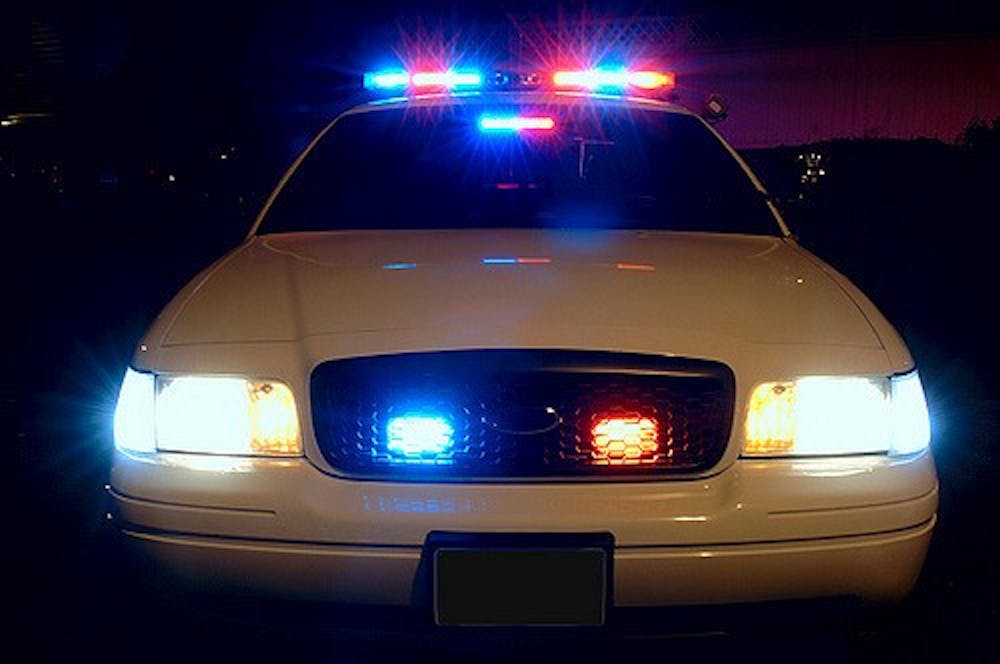By Hannah Meibers, Guest Columnist
Chief of Police John McCandless wakes up every morning before the sunrise. He puts on his uniform and badge and begins his day at the Miami University police station. Given the recent events, McCandless is mourning with the policemen and women in Des Moines, Iowa. On Wednesday, Nov. 2, in the early hours of the morning, a shooter, suspected to be Scott Michael Greene, gunned down two Iowa police officers. Both officers were reported to be in their squad cars, simply on duty.
"It's funny because you can tell a change when these things happen," McCandless solemnly says as he discusses the impact that the shooting had on his department. "When officers are gunned down, it has an impact on all of us."
Detective B., who asked that his name not be used, sighs as we discuss the recent shooting.
"You know what? The job itself is unsafe. Every time you leave the house, you have that feeling of 'I may not come home.'"
As a father of three and happily married, he stresses the importance of enjoying his family and living everyday to its fullest.
I can't imagine the thought process of Greene as he shot the two officers. No matter how many situations and reasons the media brings about, it can only be concluded that at the end of the day, only Greene and God will know.
Detective B. shakes his head and says, "It's very hard to look into the mind of a criminal."
News aside, Chief McCandless and Detective B. gave me insights on not only the danger of the field, but their fears for the future of policing and their past experiences, which have made them into the officers they are today.
Detective B. shared that his father had been a police officer for 45 years, adding, "[The profession] was something I always saw as very noble and rewarding ... I've always been the type of person to want to stand up for people."
Chief McCandless shared that his older brother had always been a great role model, and he decided to follow in his footsteps.
Both McCandless and Detective B. told me of their personal experiences with danger in the field. McCandless had only been an officer for several months when an officer in his department was shot and killed. This was 35 years ago. Then, just five years ago, his nephew was shot and killed while on duty.
Detective B. talks about how his first mentor in the force was shot and killed while on duty as well.
I couldn't hide my shock when both men shared their stories of their friends and family getting gunned down. To think that they're just two people in an entire profession shows how dangerous the field of policing is.
Over the course of 2016, it seems that police officers have become the "criminals." Just like the Catholic priest sexual abuse scandals that occurred within the 20th and 21st centuries, policing has now become a field some fear pursuing as a career. McCandless stated this concern, saying, "My fear is that good people won't gravitate toward policing."
Detective B. expressed a different concern. Having spent a lot of time recruiting in African American communities, he fears future loss of diversity in the field.
Listening to these two officers discuss their takes on the dangers of policing opened my eyes. Other than informing me of their professions, McCandless and Detective B. displayed passion for their jobs and shined with love and honor for the people within their communities.
meiberhl@miamioh.edu

